Clapham alkaline attack: Immigration row over refugee granted asylum despite sex crimes
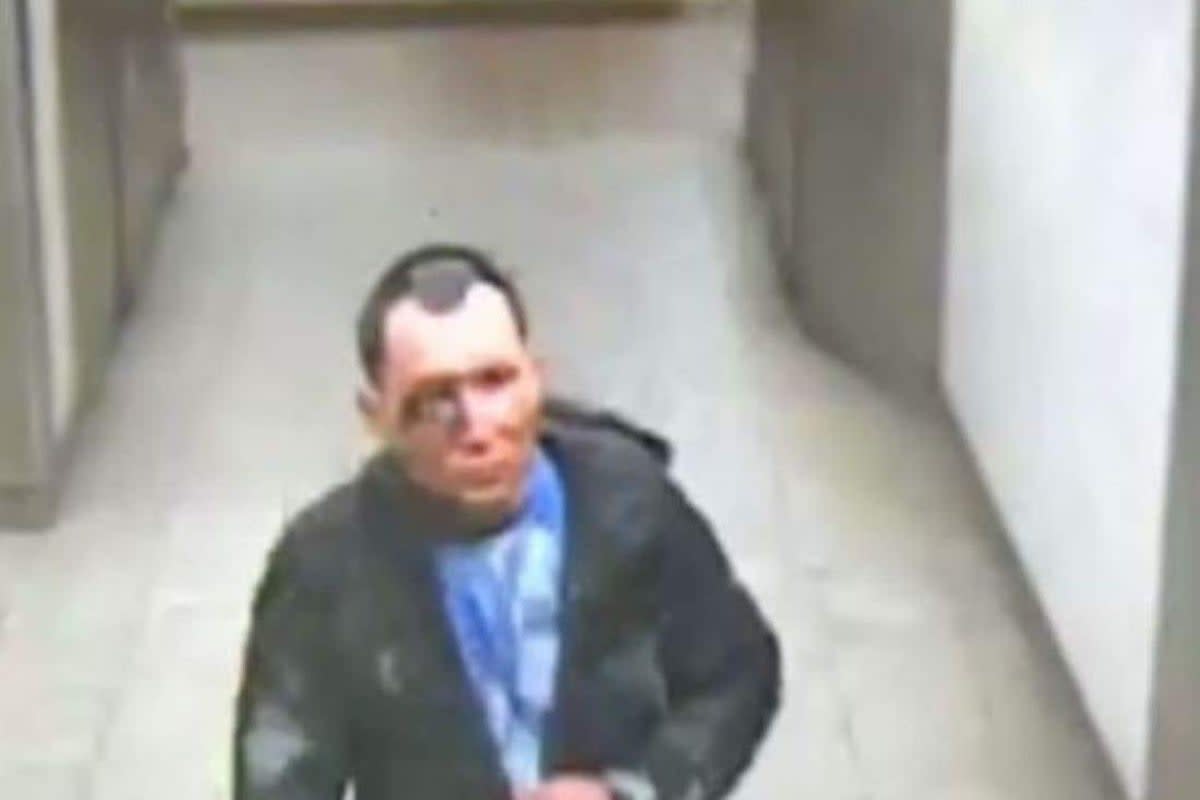
A row has broken out over the immigration status of a refugee being hunted over a chemical attack who was granted asylum in the UK despite being convicted of sexual offences years before.
Abdul Ezedi, 35, who is on the run after an attack in Clapham, south London, on Wednesday, pleaded guilty to sexual assault and exposure in 2018 but was still granted asylum in Britain in 2021 or 2022.
As police made a direct appeal to Ezedi to hand himself in after a second day on the run, Home Office sources said officials were demanding answers over why the suspect was granted asylum by the courts despite being denied the right to stay twice before.
It was reported that Ezedi, who is said to have travelled to the UK on a lorry from Afghanistan in 2016, was allowed to stay in the UK after a priest confirmed he had converted to Christianity.

The Home Office came under pressure to explain why Ezedi, the only suspect in the attack which left a mother with life-changing injuries and injured her two daughters, was still in the country after the sex offences – with MPs calling for an overhaul of the asylum system.
On Friday afternoon, the Met Police shared pictures showing Ezedi with clear injuries to the right side of his face as he entered King’s Cross Tube station and boarded a Victoria line train less than two hours after the incident.
After carrying out five search warrants and uncovering “significant evidence”, Met Commander Jon Savell urged Ezedi to hand himself in, while confirming the woman has suffered life-changing injuries, but was in a stable condition. The two children also remain in hospital, but their injuries are not life-changing.
Labour said the Ezedi case “raises very serious questions” about the asylum process – urging home secretary James Cleverly to explain how Ezedi was granted sanctuary in the UK.
Questions have also been raised about whether the justice system is taking violence against women seriously enough after Ezedi was given a suspended sentence for his crimes – meaning he avoided a jail term of more than a year, the point at which criminals are automatically eligible for deportation.
As the row developed:
Rishi Sunak weighed in on the debate, saying he does not think “foreign criminals should be able to stay” in the UK
Leading Tory moderate and ex-justice secretary Robert Buckland told The Independent there should be a review into this “deeply worrying case”
Right-wing Tory MPs were quick to point to the incident as evidence of the need to reform the asylum system
One Labour MP said the most important factor in the case was violence against women and girls and how it can be prevented
Amnesty International warned the attack “should not be used as a pretext to target people seeking asylum”
Police said “significant and important pieces of evidence” had been discovered in searches in east London and Newcastle upon Tyne on Thursday night
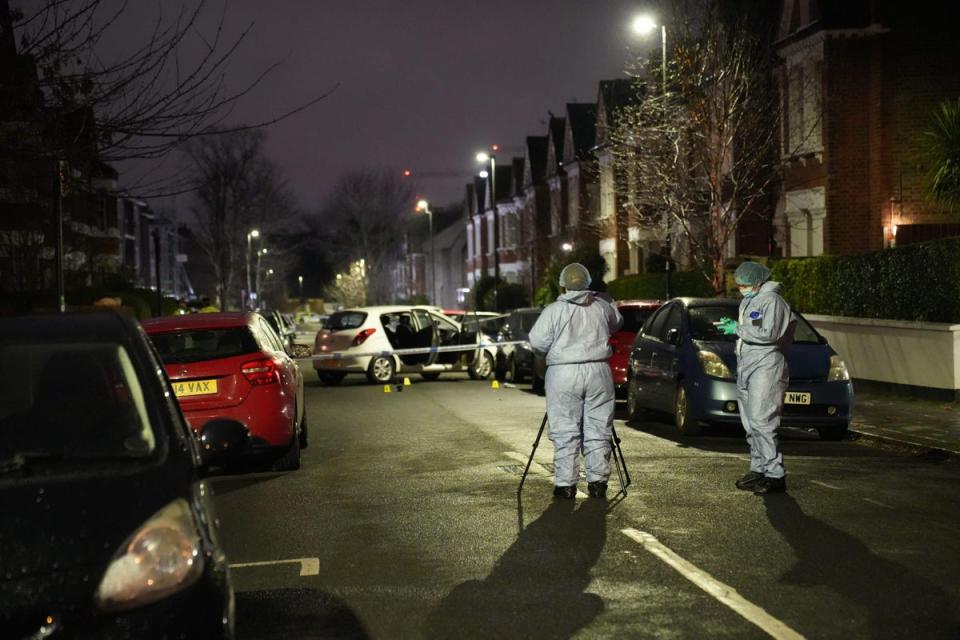
Former immigration minister Robert Jenrick said the asylum system was “dangerously broken” – despite the fact that he was in charge of it at the Home Office until resigning in protest over the “weak” Rwanda plan in December.
The right-wing Tory hardliner called for the home secretary to review Ezedi’s asylum case and look at “what may have gone seriously wrong”.
Mr Jenrick claimed on BBC Radio 4’s Today programme: “I’m afraid we do see, regularly, cases of people making spurious claims of converting to Christianity, aided and abetted by often well-meaning but naive vicars and priests.”
No 10 refused to confirm there was review under way into how Ezedi, who has significant injuries following the incident, was granted asylum after his conviction for a sexual offence.
But Mr Sunak’s officials added: “Speaking more broadly about the system, clearly the prime minister doesn’t think foreign criminals should be able to stay in the country, putting the public at risk.”
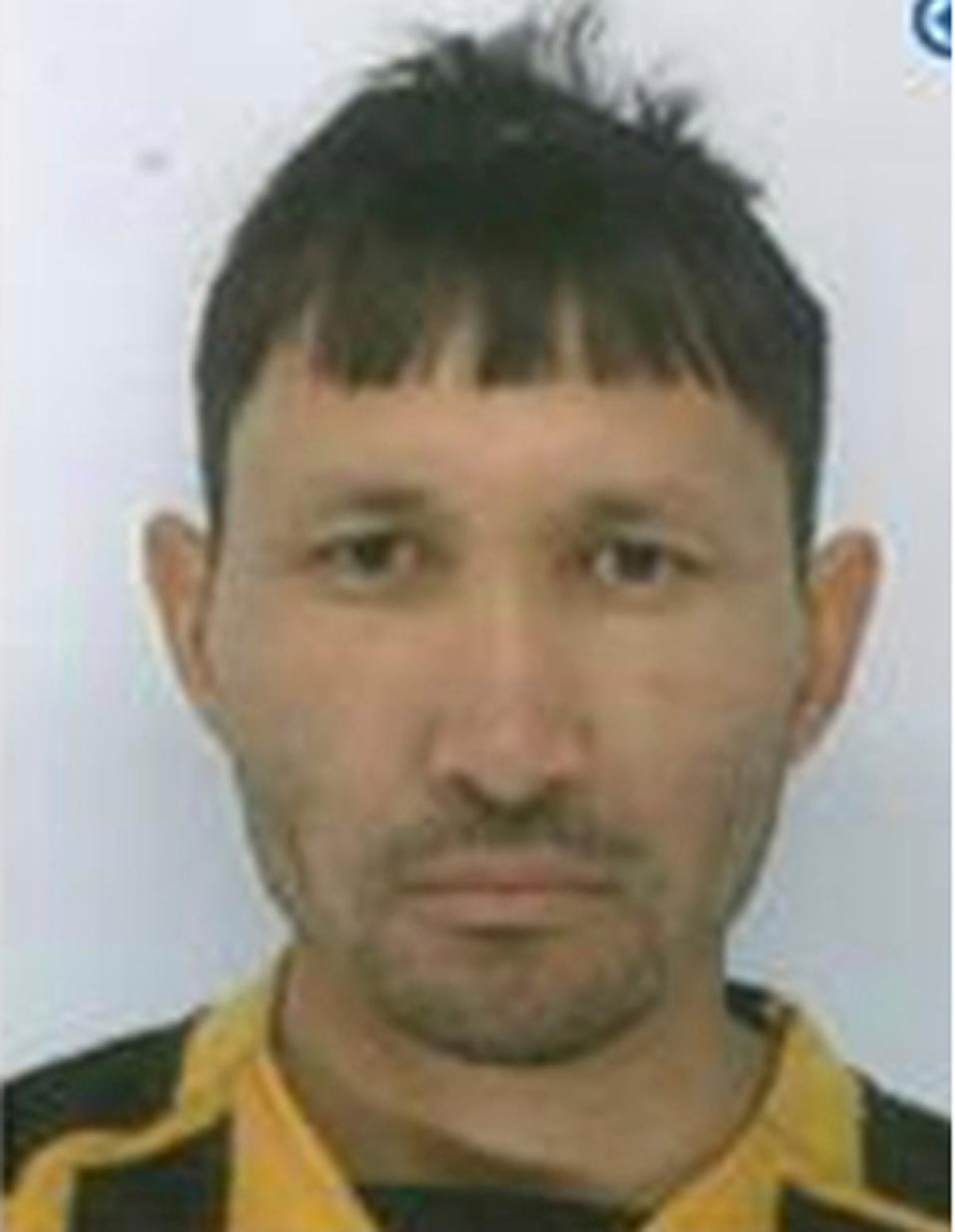
Ezedi, who has been living in the Newcastle upon Tyne area, avoided jail when he pleaded guilty to charges of sexual assault and exposure, instead being handed a suspended sentence at Newcastle Crown Court on 9 January 2018, the Crown Prosecution Service confirmed.
He is then understood to have challenged the Home Office’s decision to refuse him asylum by successfully lodging an appeal with the First-tier Tribunal (Immigration and Asylum Chamber). The body is independent of the Home Office and can overturn government decisions.
Deportation orders can also be made for some criminals, depending on the severity of their crimes. If someone has received a custodial sentence for a serious drug offence or gun crime, or if they have been sentenced to jail time of 12 months or more, they can then be issued with a deportation order.
But there are no automatic rules for anyone given a suspended sentence or for criminals who commit sexual offences.
Right-wing Tory MPs Miriam Cates and Danny Kruger, co-chairs of the New Conservatives group, said an overhaul was needed. They demanded Mr Sunak makes sure that “anyone who arrives in the UK illegally and is subsequently convicted of a criminal offence should not be allowed to claim asylum”.
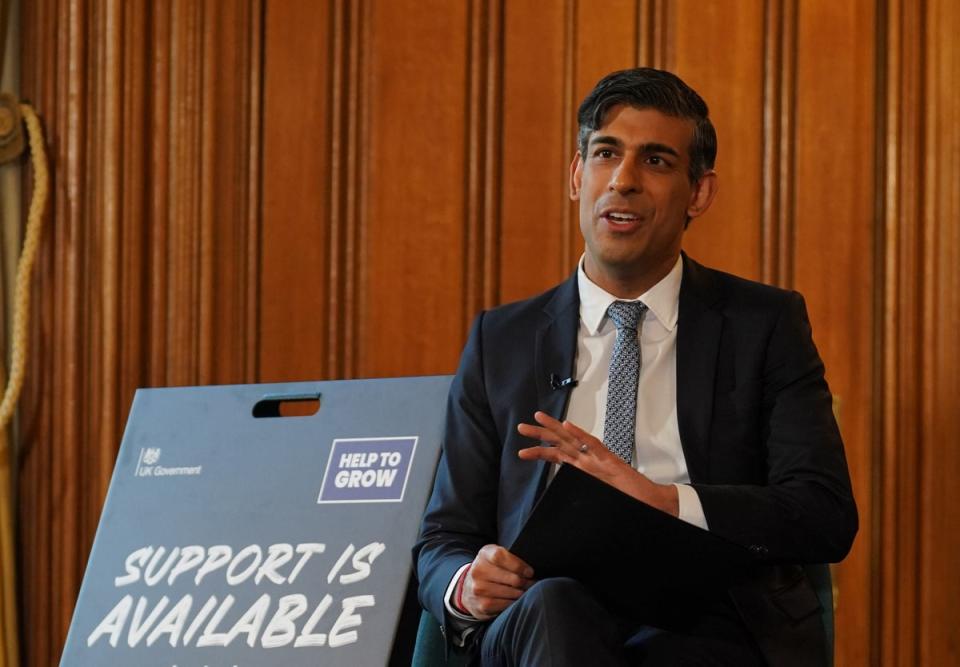
Ex-home secretary Suella Braverman also seized upon the Clapham attack, arguing that the case of the suspected attacker showed why Britain should leave the European Convention on Human Rights (ECHR).
“Spurious claims based on religion are commonplace in our asylum system. The bar is low, it’s easy to game the system and it happens,” she said on X, formerly Twitter.
And shadow secretary Yvette Cooper wrote to Mr Cleverly about the “very serious questions which need to be answered about decision-making at the Home Office and the way his case was handled”.
Ms Cooper asked whether the Home Office had “considered deportation” in 2018 following Ezedi’s conviction, or if it made “representations” about his offending history when he was granted asylum.
She added: “It is of real concern that a convicted foreign national sex offender has been allowed to remain in the UK in these circumstances.”
Jacqueline McKenzie, partner and head of immigration and asylum law at law firm Leigh Day, said someone’s criminal past can be relevant but that if they are believed not to pose an ongoing threat to security they might be granted asylum.
She told the Today programme: “It seems clear – and we don’t know enough, but it seems clear – that whoever made the decision to grant this man asylum felt that he didn’t pose an ongoing threat to security.”
It is not yet known which Christian denomination the person who reportedly assisted Ezedi was from. The Church of England said it was not currently aware of any links to its churches.
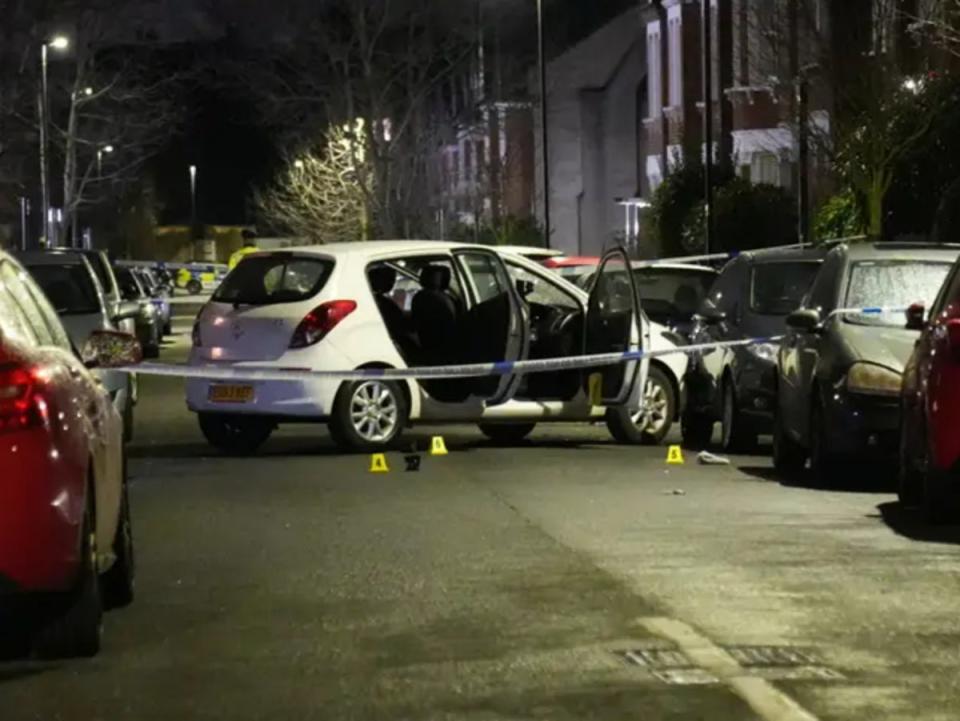
A spokesperson said: “It is the role of the Home Office, and not the Church, to vet asylum seekers and judge the merits of their individual cases.”
According to Church of England guidance, clergy can “act as their support, and help with things they cannot do” if someone’s asylum claim is refused. Conversion to Christianity after a previous refusal can be the basis of a fresh claim, the guidance said.
Ms McKenzie said she has dealt with cases where people have been “absolutely genuine” about their conversion to Christianity. She also said the timing of Ezedi’s claim “is pretty important”, due to the Taliban takeover of Afghanistan in 2021.
She said: “We know the Taliban came to power, we know that they’re very serious about their blasphemy laws, and that the death penalty is applicable for people who convert from Islam to Christianity or other religions.
“And this man, if he was able to convince the secretary of state that his conversion was genuine, would have been offered protection because he would possibly face persecution back in Afghanistan under the Taliban.”
Bell Ribeiro-Addy, the left-wing Labour MP for Streatham, said she was “concerned” about the direction of the political debate over Ezedi’s case shifting to the asylum system. She told the BBC: “I’m saying that the most important factor is violence against women and girls.”
She added: “Because that is something that’s carried out by all people, whether they subscribe to particular faiths, [or] whether they are of particular ethnicity. Whether they were born in this country or not it’s something that’s right across our society.”
Dr Charlotte Proudman, a prominent women’s rights barrister who specialises in violence against women, said the Clapham chemical attack exposes the fact violence against women and girls is not taken seriously and that lenient sentences are handed to dangerous perpetrators.
She told The Independent: “It shows a real impunity. If perpetrators are violating women and abusing them, they will carry on doing it. There is no deterrent. It is basically like the criminal justice system does not really care about the lives of women.”
Amnesty International’s UK chief, Sacha Deshmukh, said the attack “should not be used as a pretext to target people seeking asylum”.
The campaigner said ministers had “already severely damaged the UK’s asylum system”, but that the government “urgently needs to ensure that the claims of anyone seeking asylum in the UK are decided fairly and efficiently”.
“There will always be a place for reflection on whether our policing, mental health and other services can better safeguard us all, but launching cynical and ill-informed attacks on the asylum system won’t help safeguard anybody,” he said.

 Yahoo News
Yahoo News 
